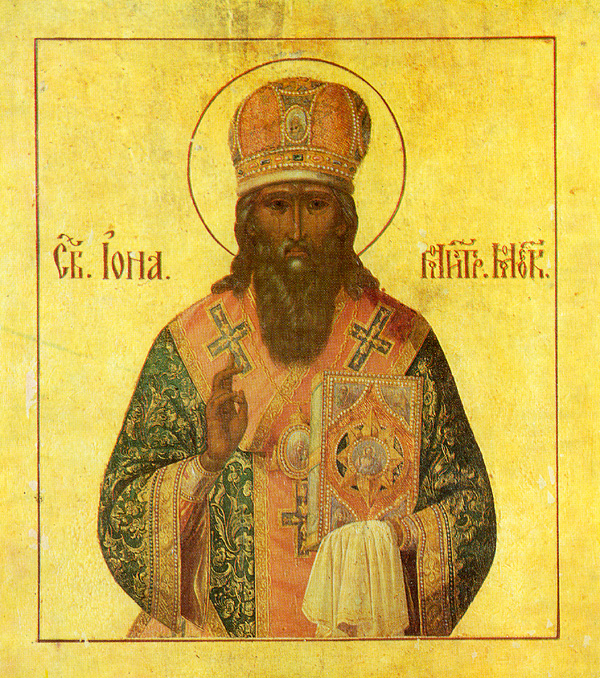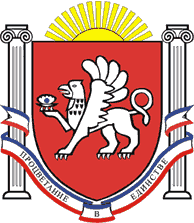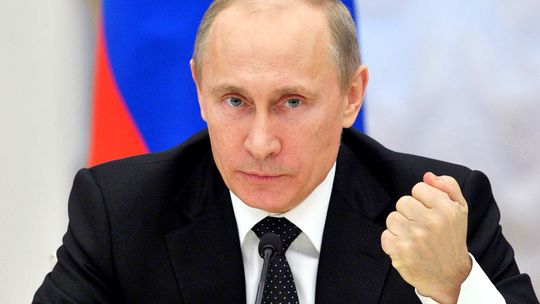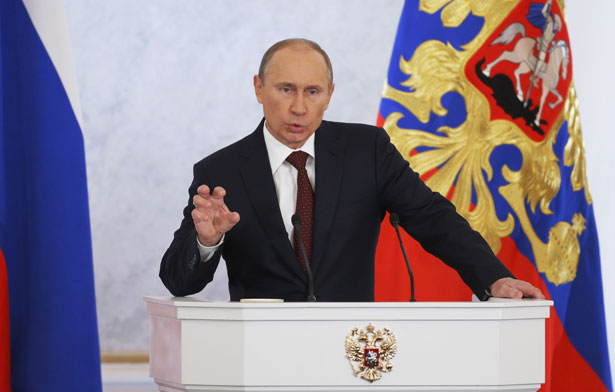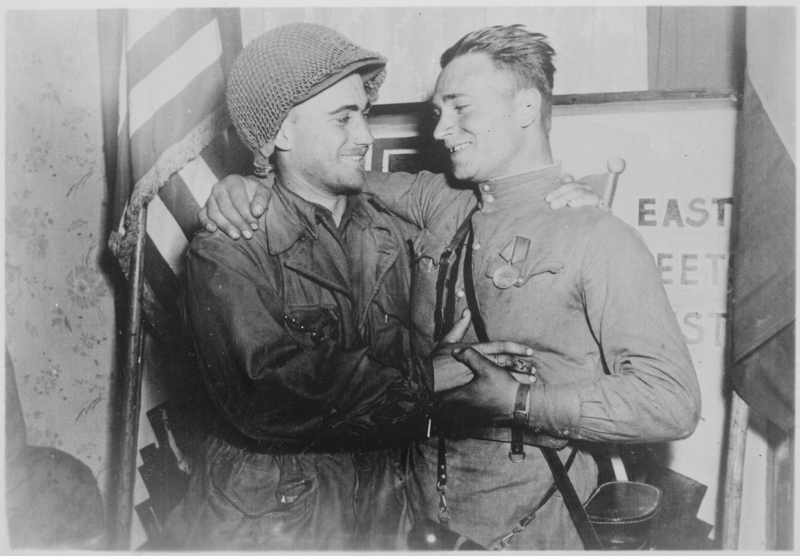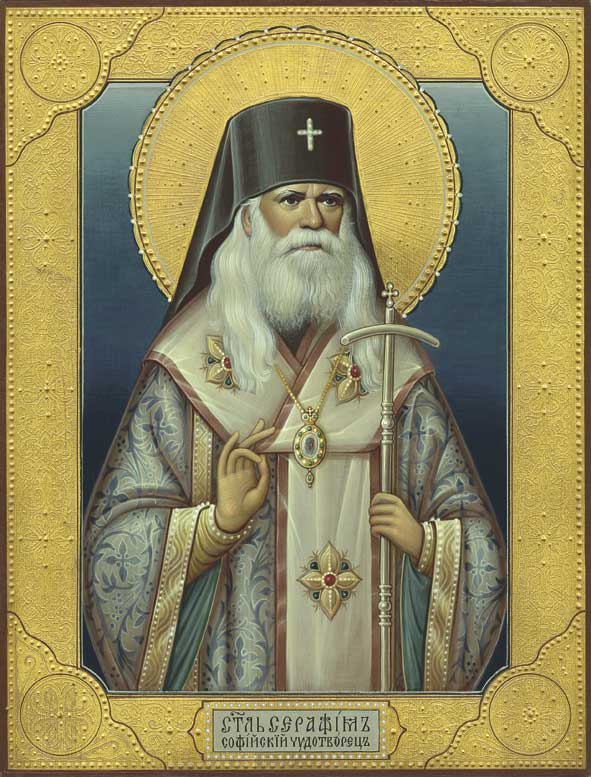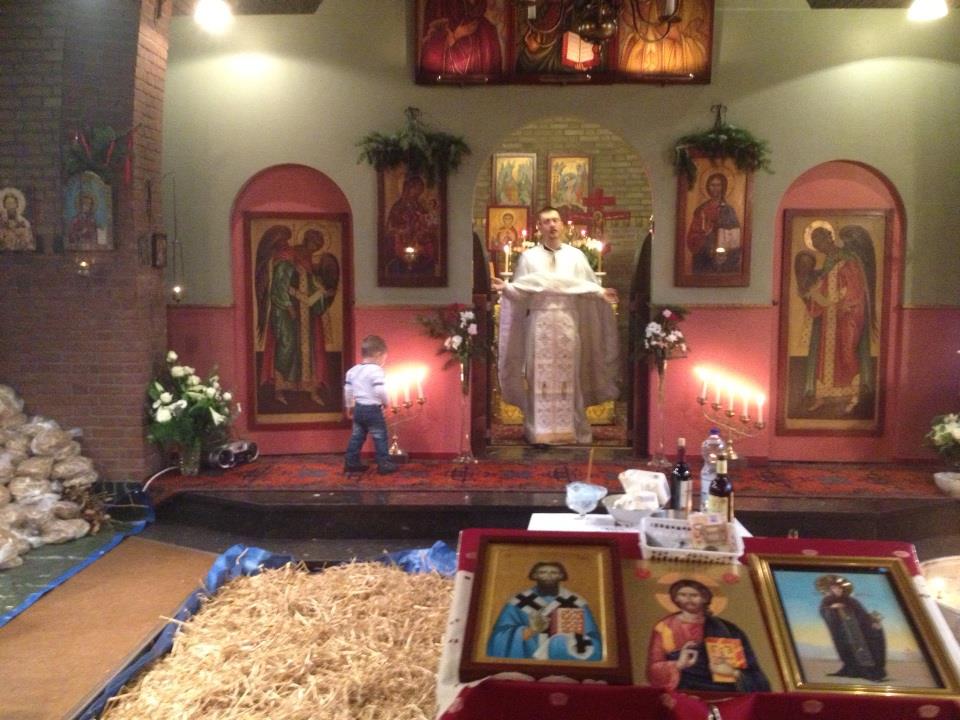![]()
- Largest part of body holy relics of the saints are kept in the town of Lod city 15 km (9.3 mi) southeast of Tel Aviv in the Central District of Israel. Back in the history due to the emerging veneration for saint George by both Christians and Muslims the town was temporary holding the name Georgioupolis, while his head relics is kept in Rome. There is a coptic monastery in Cairo pretending to hold personal belongings of saint George. In Saint Catherine Monastery (Mount of Sinai) are kept the three fingers of the arm of st. George. Churches dedicated to the saint started being built across the Roman empire even in the fourth century quite soon after his martyrdom, highest concentration of monasteries in his honor were born in Palestine. Biographics (Living) of saint George are written by the Byzantine authors saint Andreas of Cretes (written in 8-th century), Arcadius of Cyprus, Teodoris Quaestor, saint Gregory of Cyprus, saint Saint Symeon the Metaphrast (written 10th century).
![]()
Saint Simeon Metaphrast (μεταφράξειν – translator and a historian of Byzantine empire passed on to Christ, 960 year famous for collecting and systemizing biographies of many saints, his works are important source of history on Byzantine empire)
- Hundreds of Apocrypths are dedicated to the glorious living of the saint and his amazing miracles, written mainly in Latin, Greek, Syrac, Arabian, Coptic, Ethiopian and other multitude of other languages. The most famous apocrypha on saint is so called "Greek Vienna's Palimpsest" (5th century). as well as the "The Deeds of Saint George" (from 6-th century., as well as "The Martyrdom of George" etc. The Apocrypha's text are evidently full of hyperbolas and many unhistorical facts different from the true living facts of the saint. The fallacies and apocryphas have been condemned by the Decretum Gelasianum ( thought to be Decretal of the prolific Pope Gelasius I, bishop of Rome 492–496 ) as heretical and blemish for the memory of the saint.
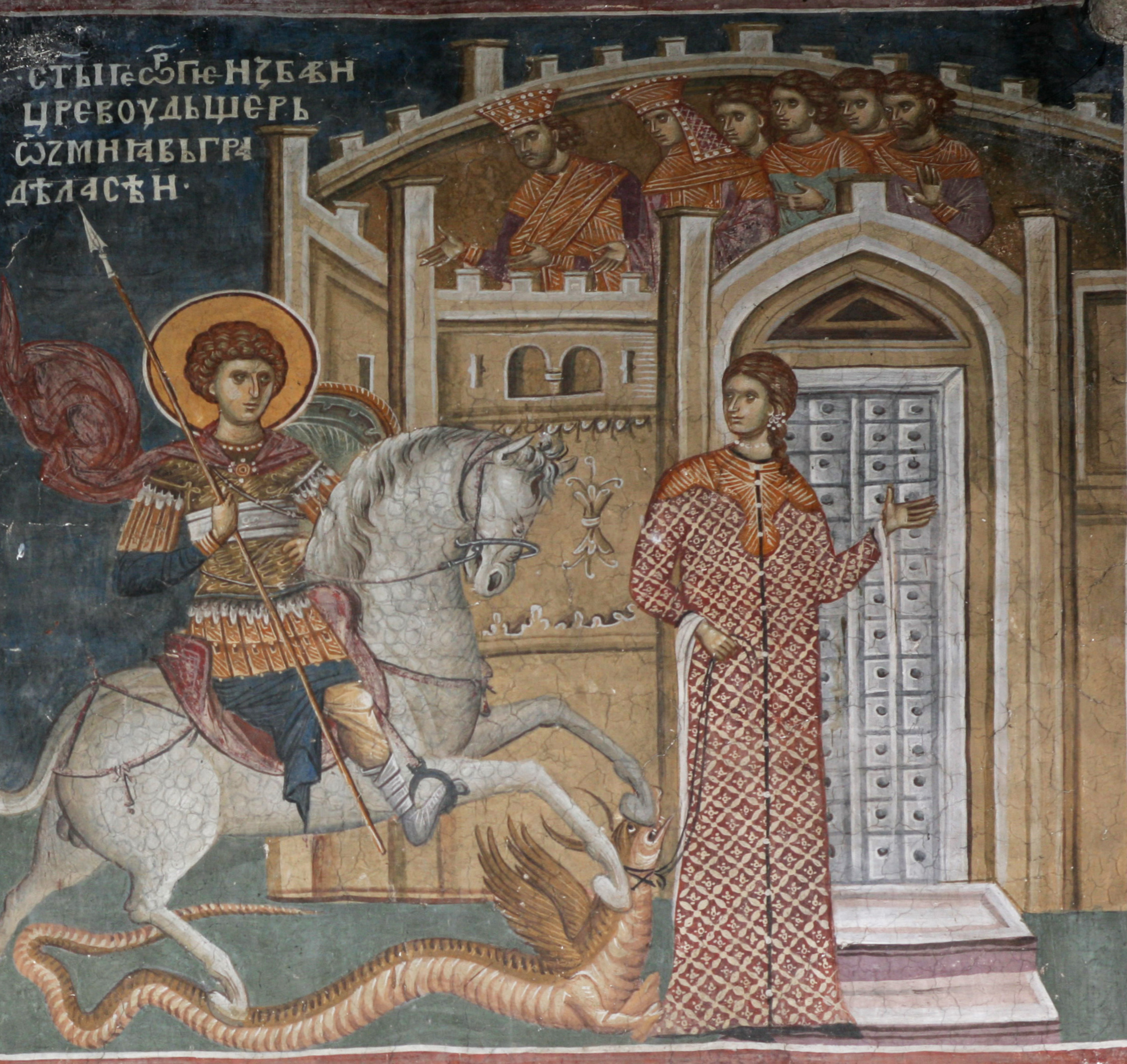
The miracle of Saving the Princess from the Dragon (one of the many apocryphas tradition about st. George) – Depiction Decani Monastery Serbia
- Saint great martyr George together with The Holy Theotokos Mother Mary is a protector of Georgia (the country near Russia and not the State of the US :)).
![]()
Georgian Metal carved ancient icon of saint George
In Georgia the local verbal tradition assigns a family relation with the first missionary and Baptizer of Georgia saint Nino. The first Church dedicated to saint George in Georgia is built in year 335 ! by King Mirian on the burial place of Saint Nino. In 1098 year saint George has been proclaimed protector of England, after appearing in a vision to the participants to Crusades of that time. One hundred years later during reign of Richard the Lion Heart the status of protector of the Army becomes an official in the West. In year 1222 The Synod of Oxford decides, that saint George is to be venerated throughout the whole kingdom of England on 23 of April (old style calendar) – 6th of May in the current Gregorian public calendar we use – still venerated on the same date in Bulgaria even to this day, while the remembrance day of the saint has been publicly proclaimed as labor free.
![]()
- In 14th century he is proclaimed a protector of England. In the beginning of 20th century the creator of the Scout Movement Lord Baden-Powell choose saint George for a protector of the Scouts. Saint George is considered protector of Moscow and Catalonia, until 18th century he was officially venerated as a protector of Portugal. In Greece he is venerated as agios Georgios, in Russia he is venerated under alternative names Jurij / Yurij (Юрий) and Egorij (Егорий). In year 1030 Grand prince of Kiev Yaroslav established in Kiev and Novgorod monasteries in honour of saint George (Yuriev Monastery) and gives an order the remembrance of saint George to be considered throughout Russian on 26th of November. The saint has been commonly depicted in Kings coins and seals. In Islam Saint George is famous under the name Djordjis (Djordjic).
![]()
- His Living is translated in Arabian in the beginning of 8th century and through Arabian-Christians becomes popular among Arabian-muslims. In Arabian apocrypha text his biography is included in "The History of Prophets and Kings" from the 10-th century, where he is presented as a pupil of one of the apostles of Isa Īsā ibn Maryam (Jesus son of Mary). In the Islamic apocrypha st. George is said to have been put to tortures, but even though killed multiple times he always have been resurrected by Allah as a faithful servent. In some Arabian icons on the horse of saint George there is a small human figure with a muslim clothes and a water vessel at hand.
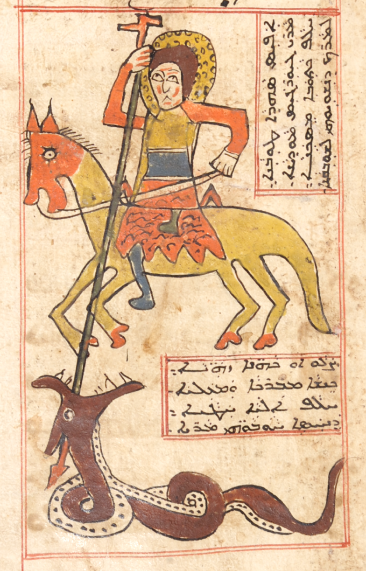
- The iconography depicts also the miracle in Ramela that happened during a Church being built in dedication of Saint George, where one of the bought from far a stone pillar for the Church by a poor widow has been transferred by saint George miraculously via the sea by his all powerful prayer and placed to be the second Church holder right sight holder as well as the miracle when a Saracen Muslim soldier shoot towards the icon depiction of st George as an attempt to show that the saint icon is nothing more than a painted tree and immediately onwards his hand started unbearable hurting.
![]()
Saint George's (Aravijska)'s Miracle Making icon of Holy Mount Athos Zographous Monastery St. Mrtr. George the GloryBringer
- The healing of the unberable came only after a Christian priest give the adive to the soldier to light up a sanctuary lamp in front of the same icon of saint George and to annoint himself with the oil from the burning chancel-lamp. After the miraculous healing the soldier confessed to be Christian and has been immediately punished with a maryrdom death. The name of the martyr is not preserved but the miraculous event is depicted on the arabian ancient icons.
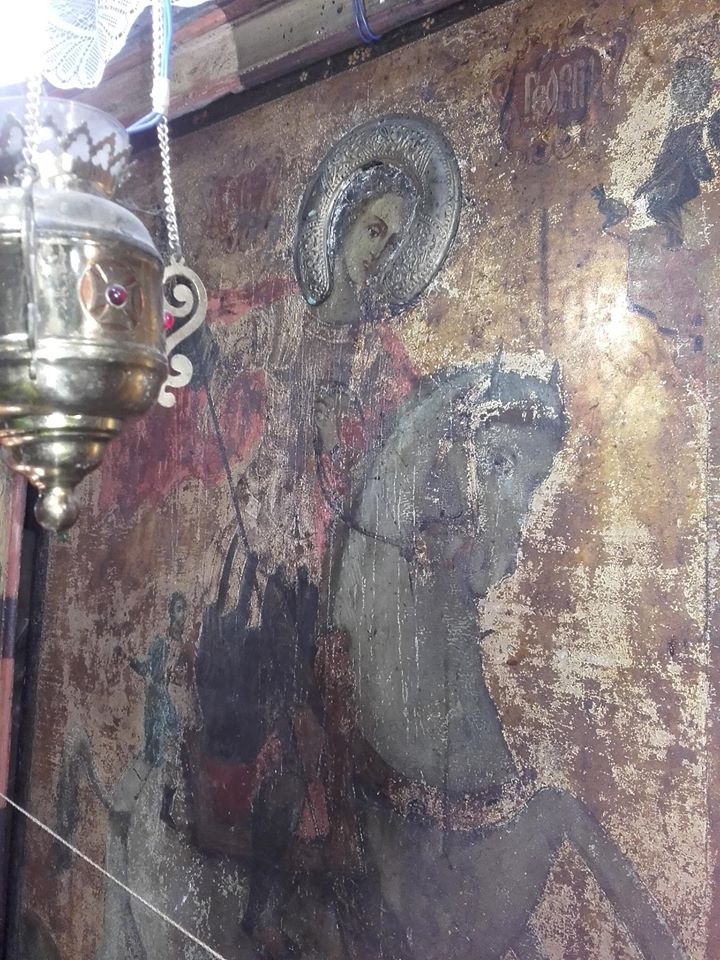
Saint George the glorybringer in Church of saint George village Zlatolist (Bulgaria)
![]()
The Famous Miracle making icon of saint George from Hadji-Dimovo Monastery Bulgaria
- Another interpretation of why there is depiction of a figure on the backside of the horse of saint George is the so called "Miracle of saint George with the Paphlagonian" that is connected with my homeland Bulgaria. The history says a young-man of Paphlagonia, who has been taken as acaptive by the bulgarians and given as a slave to a wealthy bulgarian nobleman from Preslav. Once when the slave was carrying vessel with a hot water to his master towards the second floor of the house, out of nowhere appeared saint George, he put him backwards on his horse and bring him back to Paphlagonia. In Paphlagonia at this time his parents were already serving a Memorial service for the forgiveness of the sins of their boy thinking he has been already killed in captivity. Being reunited with his parents the youngster thought he has been dreaming to see his parents again out of a sudden and what show him that the miracle translation of the boy from one location back to his parents was a reality was the vessel with water which was still held in his hand, thus as a remembrance of the miracle the boy is depicted on the back of saint George's horse.
There is much more to be said about this glorious saint, as there is plenty of miracles and stories monasteries and Churches events and venerations facts over the last 21 centuries in which the East and The World become Christian, but as the Gospel says it looks all the books on the world written won't be able to contain it.
